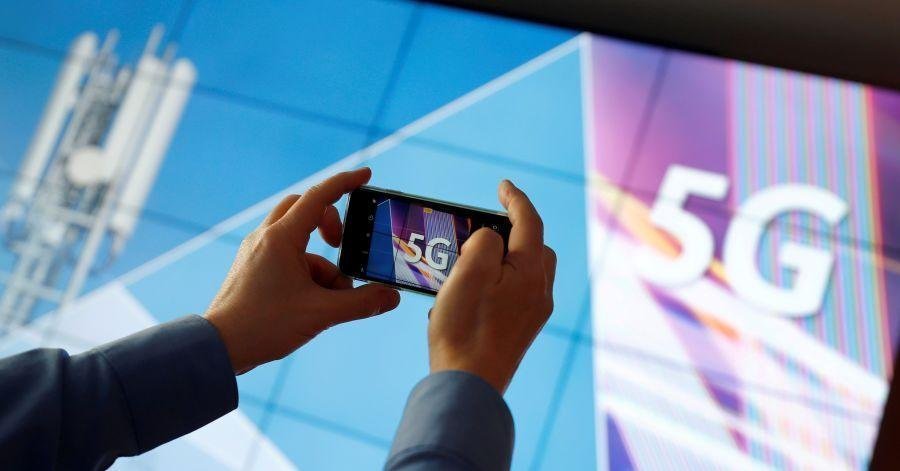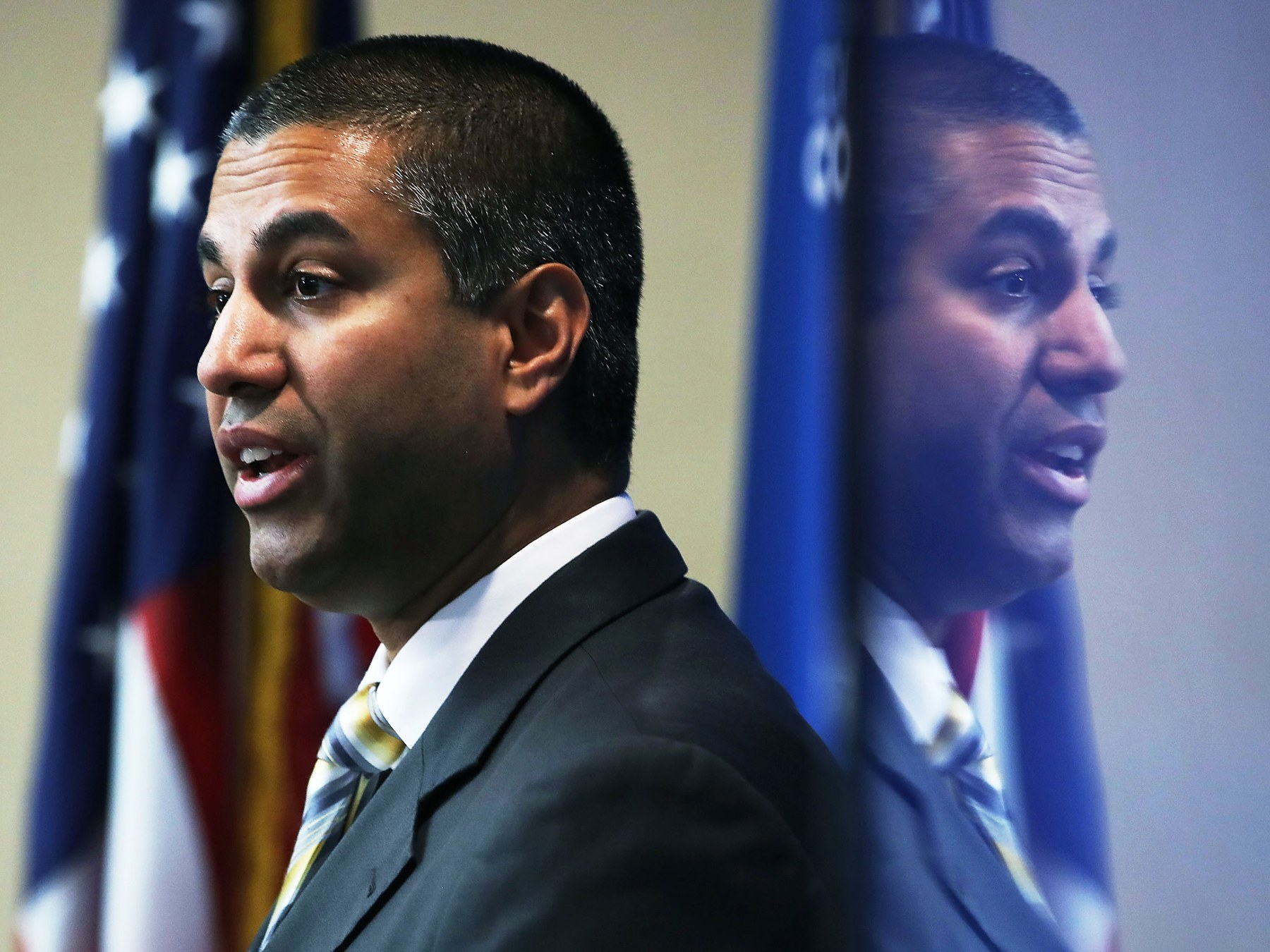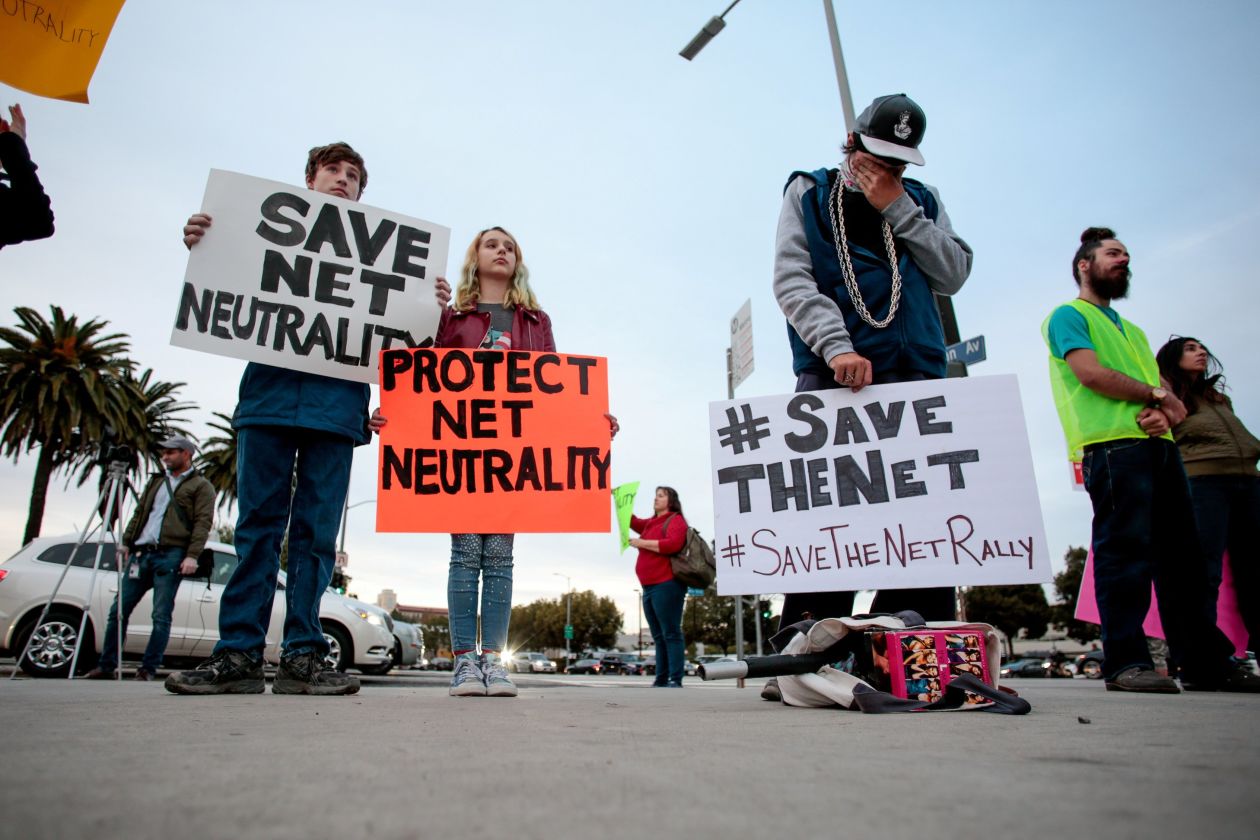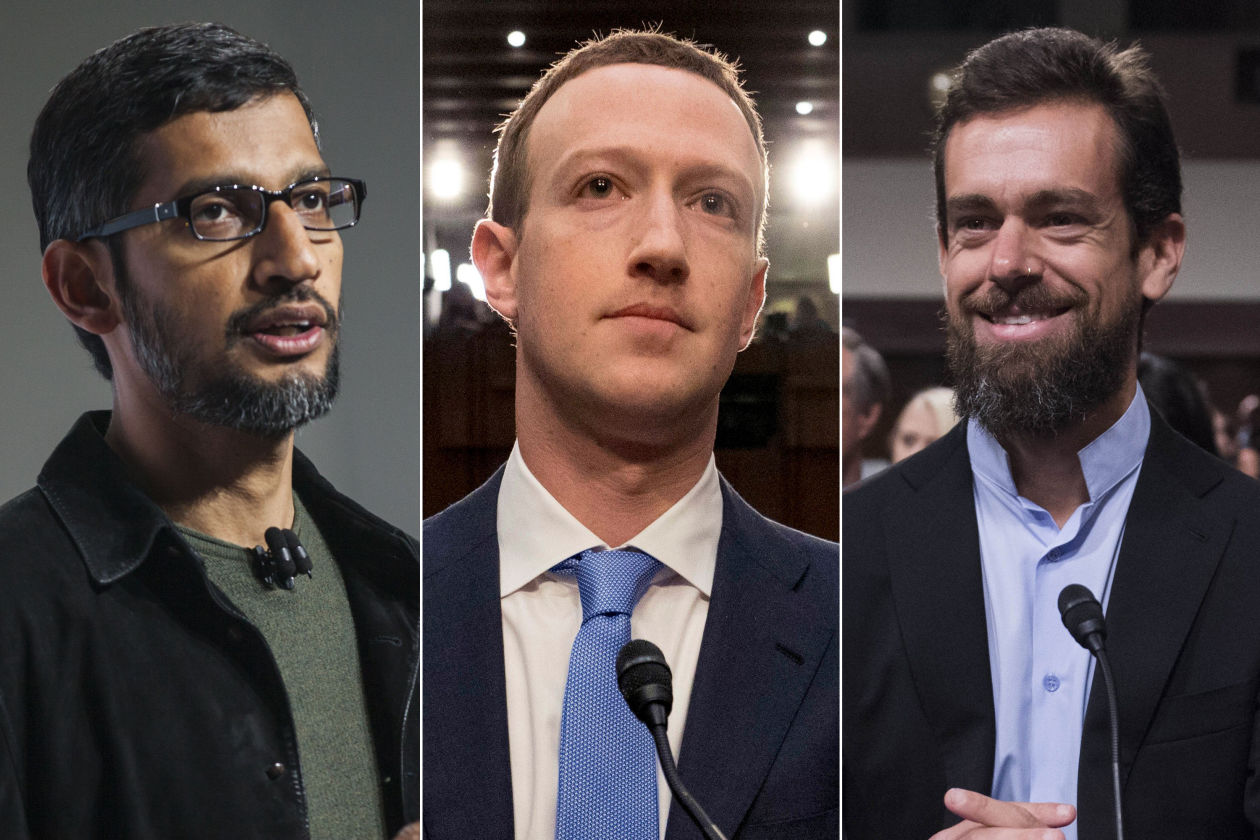
13 Nov 2000 | Author Dana Blankenhorn
Most ISPs are small, local businesses.
Some started in the late 1980s as hobbies. People who were spending too much time (and money) on their computers turned themselves into bulletin board system operators, or sysops, by hosting discussions and file sharing to get some of that money back.
Then they decided to link their discussions to the Internet’s Usenet service, either sharing the file late at night or buying dedicated links. They began selling access to this resource and to global email. Even before the web was spun, many found themselves becoming ISPs.
Local ISPs have thrived by dedicating themselves to their customers. Most surveys I’ve seen show that the share of the access market held by local ISPs continues to grow, while the shares of larger rivals, such as America Online, have shrunk.
But there has always been a healthy paranoia in the ISP community, and at last week’s ISPCON conference in San Jose, Calif., the villain was easy to identify. It wasn’t Bill Gates of Microsoft or even MCI WorldCom’s Bernie Ebbers. It was AOL and Steve Case.
Stephen Heins of NorthNet, a Wisconsin-based ISP, at one time had Case as an ally in trying to open up cable networks to competition for broadband services. Once AOL bought Time Warner, owner of the second largest cable network, Heins took the betrayal personally. Final approval of the merger is still pending.
So perhaps he was a bit over the top at a session titled “The Open Access Emergency.” He said, for instance, that USA TODAY stopped covering the open access story after it became an information provider to AOL. He spun a tale in which a few great companies, led by AOL, decide what Americans will know of their world by dominating residential broadband.
Heins was hearing nothing of it. He seemed quite ready to fight. To me, he looked like a fearsome enemy to have. But someone, maybe even Steve Case, may yet be able to make him a true friend.
There is a broadband gold rush going on, and if you can reach customers with fast service, you will win them. My sister, who lives in San Jose, regaled me with her phone company’s repeated (failed) attempts to provide her with DSL service. If the local cable company were offering data service, she said, she’d grab it in a heartbeat.
Because cable providers are their own monopoly ISPs, they can provide service simply and cheaply to residential customers. They currently dominate the residential broadband market. Heins seemed convinced this will continue, choking off and killing the local ISPs, the customers’ friend.
All he wants, he claimed, are terms for accessing the cable under which he can make some money. He complained bitterly that cable operators are demanding $50,000 payments before they will even talk to an ISP and putting all sorts of other technical and financial roadblocks in the way of providing competitive services. Heins, and the other ISPs that shared the room with him, seemed ready to march on Washington if regulators don’t open up cable soon. (Federal agencies were planning on making a ruling last week but were delayed by other political events.)
Two reporters in the room offered some different views. “Why shouldn’t cable operators be able to profit from lines they spent billions of dollars stringing and billions more upgrading for two-way service?” asked one.
“Why should cable operators see fear and loathing as anything more than the dying squeals of doomed competitors,” asked another, “when there are plenty of other ‘last mile’ technologies available? Shouldn’t the cable operators need ISPs rather than ISPs needing cable?”
Heins was hearing nothing of it. He seemed quite ready to fight. To me, he looked like a fearsome enemy to have. But someone, maybe even Steve Case, may yet be able to make him a true friend.
####






